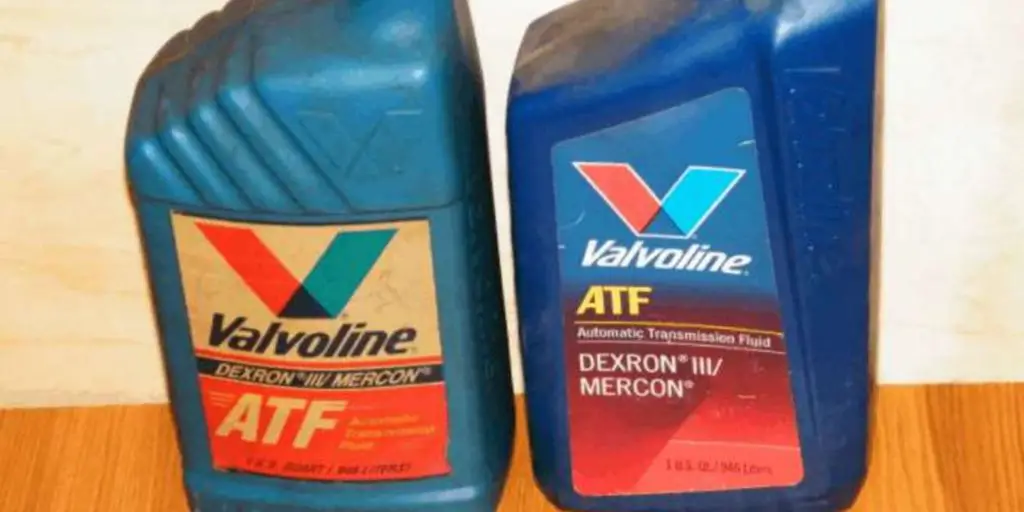Why Is My Log Splitter Leaking Hydraulic Fluid?
Old machines, old age, and simply time itself take their toll on machinery like log splitters. What at one point in time was a reliable workhorse can oftentimes be the source of frustration for many log splitter users. A lot of people are afraid of finding themselves in a situation where their log splitter begins to leak hydraulic fluid. The reason for this fear is that the knowledge required to repair it can be daunting and expensive.
So, if you’re one of the owners thinking about the same thing, then this blog’s the perfect read for you! We’re going to dive deeper into the importance of hydraulic fluids in our log splitters and how to fix the potential causes of a hydraulic fluid leak.

Table of Contents
What is the importance of Hydraulic Fluid?
Needless to say that unless you’re using a kinetic-powered log splitter, chances are your machine is powered by a hydraulic system. That being said, your log splitter will not reach its full-power capacity unless its hydraulic system is handled properly. One way to ensure that is to always use the recommended hydraulic fluid by your manufacturer.
You should always keep in mind that operating a log splitter with insufficient fluid levels in the reservoir can lead to severe damage to the hydraulic pump. So you need to make sure that the fluid levels of the reservoir in your log splitter are always checked to maintain smooth and powerful log splitting.
Hydraulic fluid is a medium that transmits power to the hydraulic system. Failing to refill or change the hydraulic fluid of your log splitter may often lead to pump failure, slow performance, and ultimately induce corrosions inside.
Why is my Log Splitter Leaking Hydraulic Fluid?
There are a lot of different reasons why your log splitter is leaking hydraulic fluids, one may be because of faulty pump seals, worn hydraulic cylinder seals, leaky head gasket, worn hydraulic valve seals, and many more. That’s why troubleshooting your log splitter is one of your most important responsibilities as an owner. Check everything that may be related to the hydraulic fluid leak from all the key components like the pump, power source, hydraulics, ram, and fan.
Once you’ve gotten a hold of the possible reasons for the leakage, take action immediately. Replace what needs to be replaced and clean what needs to be cleaned. If you were not able to spot the reason for leakage, immediately contact your manufacturer to help you fix the problem further.
Now that you know about the reason for leakage, here are some of the primary solutions for hydraulic fluid leakage of your log splitters:
How do I solve Hydraulic Fluid Leakage?
- Use Hydraulic Oil with Distinct Color
Keep in mind that you should only use hydraulic oil with distinctive color compared to those other lubricants and fluids you can find in the market. This can help you and the other people who use the log splitter to easily identify potential leaks just by the color of the hydraulic fluid. In this way, you can immediately tackle the problem, perform necessary actions, and ultimately solve the problem.
You should also remember that log splitters have recommended types of fluids to be used imposed by their respective manufacturers. Follow these guidelines carefully to prevent potential complications.
- Train yourself on spotting external leaks
This guideline is closely related to number one. This helps you and the other people who use the log splitter to easily spot and determine if the fluid leakage is related to hydraulics or other key components.
- Replace the Hydraulic Pump
When you see fluids leaking from the pump, it is highly likely that the cause of leakage is failed pump seals. This is dangerous because the pump will eventually fail to build up sufficient hydraulic pressure causing the piston and wedge to malfunction.
If you see fluids leaking from the pump, it is highly recommended that you replace the pump completely. Another key reason to replace the pump includes internal pump failure which may cause it to seize up and ultimately break down.
How often should I replace my Log Splitter’s Hydraulic Fluid?
Just as we normally do for our cars, log splitters also need their fluids and oils checked and change from time to time. Whether you use a gas or electric model, it has become a general rule to change the hydraulic fluid of your log splitter every 1000 hours of work done. In order to make sure, check your machine’s manual for more information. Moreover, you should also change the log splitter’s hydraulic oil filter periodically.
Conclusion
No matter how much water you hold in your hands, if some of it is leaking away, you’re losing a certain amount steadily. That is what happens when you have log splitters, detection of these leaks depends on one’s mindset or level of priority. However, prioritizing them greatly helps in detecting potential damages that will eventually lead to long-term consequences. Remember, owning a log splitter is both a privilege and a responsibility. Enjoy splitting wood and maintaining your log splitter!

